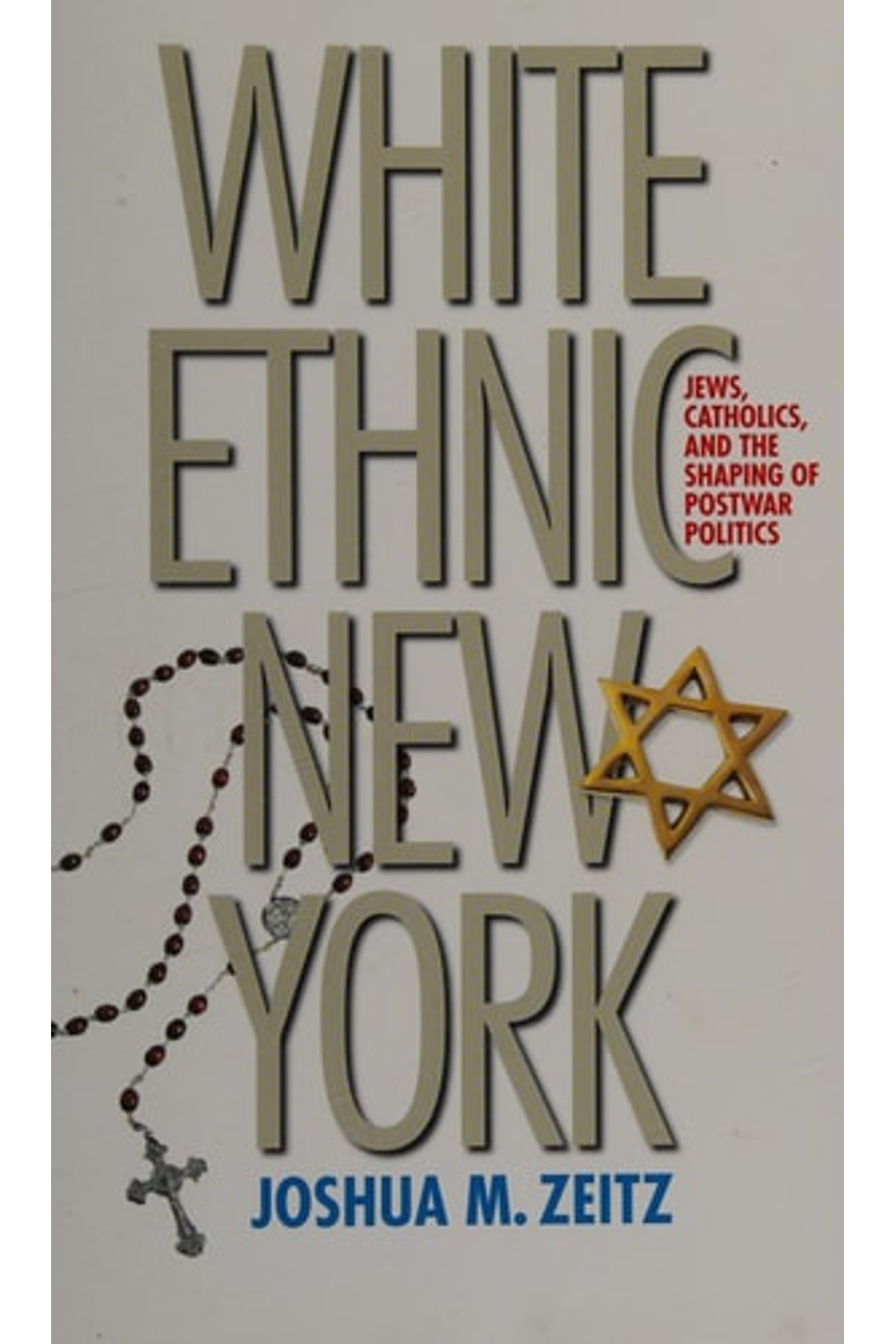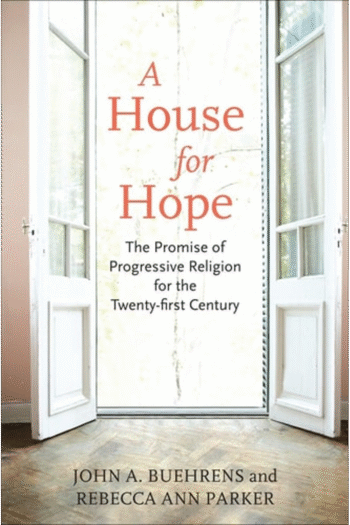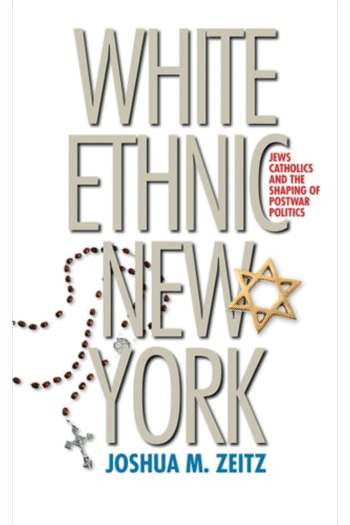Explore the untold story of New York City’s postwar political landscape in Joshua M. Zeitz’s “White Ethnic New York.” Challenging the traditional focus on race, Zeitz unveils how religious and ethnic tensions between Irish Catholics, Italian Catholics, and Jews shaped liberal politics in the decades following World War II. This insightful work examines the divergent values of these groups views on authority, community, secularism, and individual freedoms revealing how these differences fractured the New Deal coalition and paved the way for new political alignments. Discover how New York’s unique ethnic tapestry redefined American liberalism in this compelling and meticulously researched account. Perfect for readers interested in political history, urban studies, and the intersection of ethnicity and religion in America. Buy now and delve into this pivotal chapter of American history.
White Ethnic New York: Jews, Catholics, and the Shaping of Postwar Politics
19,89 $
In stock
Historians of postwar American politics often identify race as a driving force in the dynamically shifting political culture. Joshua Zeitz instead places religion and ethnicity at the fore, arguing that ethnic conflict among Irish Catholics, Italian Catholics, and Jews in New York City had a decisive impact on the shape of liberal politics long before black-white racial identity politics entered the political lexicon.
Understanding ethnicity as an intersection of class, national origins, and religion, Zeitz demonstrates that the white ethnic populations of New York had significantly diverging views on authority and dissent, community and individuality, secularism and spirituality, and obligation and entitlement. New York Jews came from Eastern European traditions that valued dissent and encouraged political agitation; their Irish and Italian Catholic neighbors tended to value commitment to order, deference to authority, and allegiance to church and community. Zeitz argues that these distinctions ultimately helped fracture the liberal coalition of the Roosevelt era, as many Catholics bolted a Democratic Party increasingly focused on individual liberties, and many dissent-minded Jews moved on to the antiliberal New Left.
| Authors | |
|---|---|
| Binding | |
| Condition | |
| ISBN-10 | 080785798X |
| ISBN-13 | 9780807857984 |
| Language | |
| Pages | 296 |
| Publisher | |
| Year published | |
| Weight | 459 |
| Edition | Annotated |
| Dewey decimal | 305.892407471/09045 |
- Additional information
- Currencies
- USD – United States dollar
- EUR – Euro
- GBP – Pound sterling
- CNY – Chinese yuan
- BRL – Brazilian real
- MXN – Mexican peso
- JPY – Japanese yen
- PHP – Philippine peso
- THB – Thai baht
- PLN – Polish złoty
- CAD – Canadian dollar
- MYR – Malaysian ringgit
- AUD – Australian dollar
- TWD – New Taiwan dollar
- CZK – Czech koruna
- SEK – Swedish krona
- HUF – Hungarian forint
- ILS – Israeli new shekel
- CHF – Swiss franc
- HKD – Hong Kong dollar
- DKK – Danish krone
- SGD – Singapore dollar
- NOK – Norwegian krone
- NZD – New Zealand dollar



